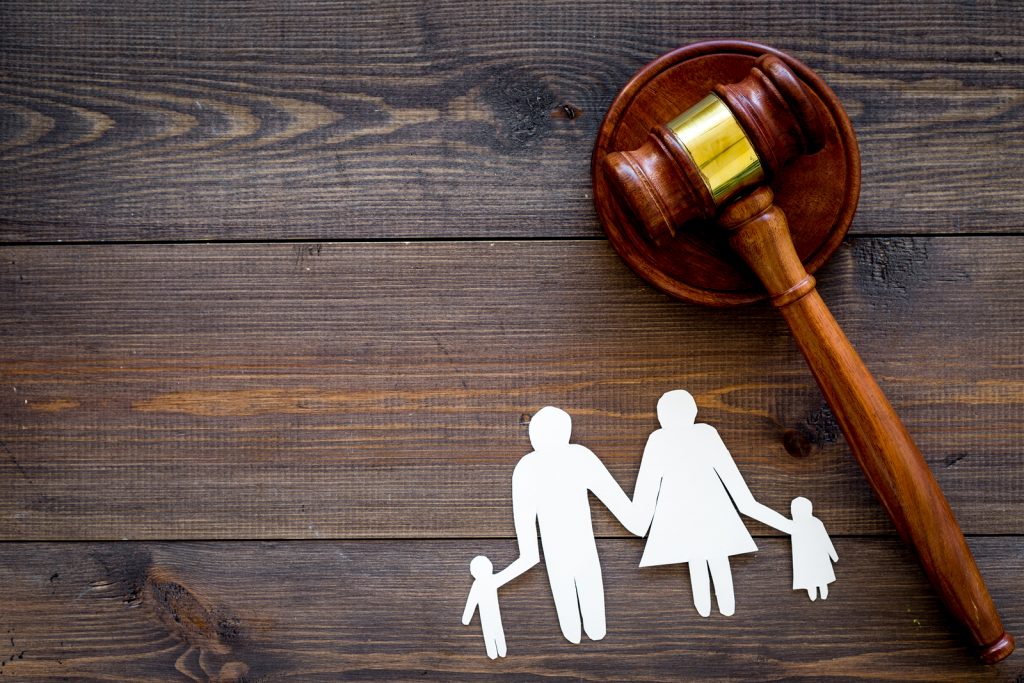How Should You Handle School Choices After a Divorce?
Choosing the right school for your child can be a complex process, especially during or after a divorce or after a break-up. What makes it even more challenging is that choosing a school is not a one-time process.
In fact, choosing a school can be necessary multiple times during a child’s life, even during the normal schooling process. There’s the transition from kindergarten to grade school to middle school to high school. And often there are multiple options for each of them.
Add to that the need to move in order to accommodate the fact that the parents are establishing separate households after a divorce, and things only get more complicated. And that doesn’t even take into consideration that there may be problems at school, with or without the divorce, such as bullying, conflicts with teachers or fellow students, and more. In any scenario where there is potential conflict, it’s a good idea to get help from an experienced Arizona family law attorney.
Who Gets to Decide?
In an ideal situation, the children are already in school, and there is no immediate need to make any changes. As a result, choosing a school is a non-issue.
In the next-best scenario, where a school must be chosen, the parents are able to sit down together and talk about which school might be the best one for their child. Ideally, they are able to come to a mutually agreeable decision and enroll their child or their children accordingly.
Hopefully, they’ll be able to repeat that as needed while their child moves through the various steps of their schooling, from preschool all the way to high school graduation.
Unfortunately, these best case scenarios don’t always play out quite so smoothly, and conflicts can arise, which sometimes may even turn into vicious battles. In those kinds of situations, a more complex decision-making process is needed, along with the help of an Arizona child custody attorney.
The Decision-Making Process
The decision-making process starts out with determining who has custody of the child. Most Arizona courts favor joint custody, which allows both parents to raise their children together. As a result, the children are able to maintain close relationships with both parents, which is generally seen as the key in legal decision-making: the best interest of the child.
There are two types of custody: legal custody and physical custody. Legal custody affects the decision-making process regarding important aspects in the child’s life, including schooling, medical care, religion, and more. Physical custody determines where the child lives.
While legal custody is more directly related to the issue of education and choosing the school the child would attend, physical custody can also play a role, especially when the parents don’t live near each other.
With legal custody, there are several options: sole custody, joint custody, and joint custody where one parent has a tie-breaking vote. If one parent has sole custody, that parent will make the final decision, albeit after talking it over with the other parent.
If the parents have joint custody, they will have to negotiate and come to an agreement on choosing a school. If they cannot do that, and one parent has a tie-breaking vote, that parent gets the last word, at least for the time being. However, that person should have shown himself or herself as reasonable and willing to negotiate as possible.
You should also know that, regardless of the type of custody, both parents have access to the child’s records, including school and medical records, unless there is a strong reason not to provide access, such as the endangerment of the child.
More Options
If the parents cannot agree or if one parent wants to challenge the decision of the other, the next step is usually mediation. This is a process where a skilled mediator helps the parents talk about the various issues and guides them towards a resolution.
If mediation fails, the next step would be a court hearing. At that point, you should definitely get help from an Arizona family law attorney to help you with the intricacies of the law. Also keep in mind that it can take several months to schedule a court hearing, and that you’ll need a decision in place before the start of the next school year.
Most of the time, such conflicts happen when the child moves from one type of school to another, such as from grade school to middle school. Or they may happen when one of the parents moves a significant distance away from the other one and from the child’s former school.
Just why are there so many options for schooling? First, there’s the local school as well as other district schools, including charter schools, some of which may have a waiting list. In addition, there are private schools and religious schools. Depending on the school, there could be a significant price tag as well, which could cause a problem with the negotiation. Last but not least, there is the option of homeschooling.
Different schools have varying options for extracurricular activities as well as AP classes and other academic support. The social atmosphere can be pleasant or hostile, so children may have strong preferences when it comes to one school over another. And finally, there is the question of which ones of their classmates live nearby. So choosing the right school or switching schools can be a complicated issue indeed.
What to Do About School Choices?
When you find yourself in the middle of a fight about school choices with your ex-spouse, it’s important to communicate about what’s important to each of you. There are a number of ways to come to a resolution.
No matter what, though, it’s important to get the advice of a good family law attorney who knows his or her way around the relevant issues and has experience with negotiating them in court. We have that kind of experience and will be happy to support you.

 Schedule A Consultation!
Schedule A Consultation! Call Us Now
Call Us Now Email Us Now
Email Us Now









